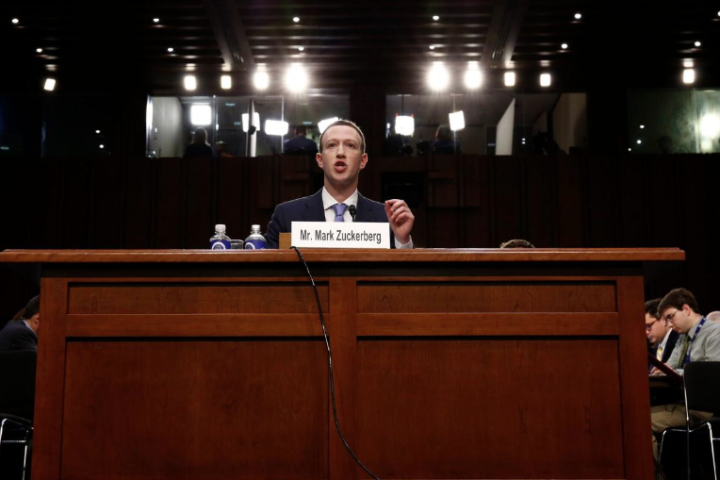Facebook is launching a new tool that allows users to track the links they click on.
The new system, called “connection history”, is a catalogue of the websites people visit while on Facebook. This catalogue is stored in one place and visitors can go back to it to see where they clicked.
Facebook is marketing the new feature as a way to save links that might otherwise be lost or forgotten. “Your Facebook browsing activity is now stored in one place, so it’s easy to go back to the last links you visited,” reads a pop-up on the site.
But this tool also gives the same information to Facebook, which will use it for adverts. “When you allow connection history, we may use your information to improve the adverts you see on Meta technologies,” it states. This means that the information in the connection history can be shared with Instagram, for example.
This feature is on by default but can be switched off. It is also not available for everyone, with Facebook stating that it “will roll out globally over time and may not be available where you are”.
For example, when a user opens a link from the Facebook feed, it opens in Facebook’s own “Mobile Browser” and not in the browser app. This means that users do not leave the Facebook app, but it also gives the company more possibilities to track people while they are surfing the internet.
The link history tool keeps a list of links clicked in the last 30 days. “When link history is turned on, all links you click on Facebook and visit in Facebook’s Mobile Browser will be stored here for 30 days,” the feature’s help page says.
This feature can be turned off from within Facebook adverts for iOS and Android, the only places where it is currently available.
To open the Mobile Browser, users must first click on a link and then select the three dots at the bottom right and select “Browser settings”. The option to allow link history should appear on this page and users can choose to leave it on or switch it off.
“When you turn off connection history, we will immediately clear your connection history and you will no longer be able to see the links you visited. We also won’t save your link history or use it to improve the adverts you see in Meta technologies,” Facebook says.
It also notes that it can take up to 90 days before the data collected in the connection history is actually purged from Meta’s servers.





